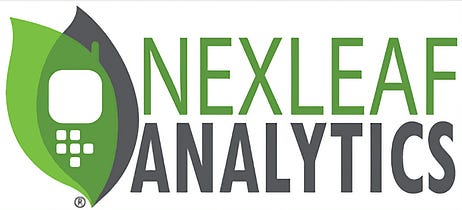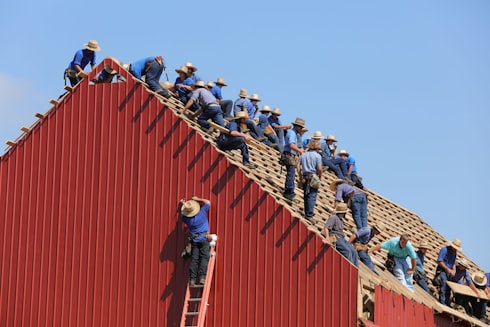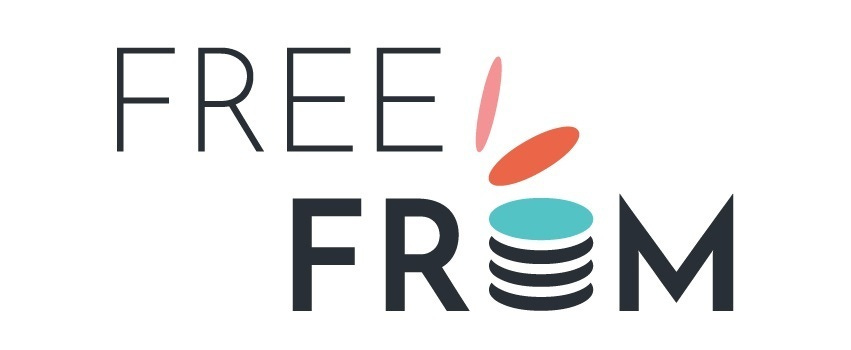
A newsletter and podcast all about impact
I started writing Good at Work last year as a way to create something that I wanted to read, a resource about how to do more good and how to be a better person. Most self-improvement resources tell us to look inward to become happier, healthier, or more productive (and I don’t begrudge that to anyone). But focusing on ourselves only takes us so far. We all want more meaning, and that comes from improving the world around us. Good at Work was a way to bring that into focus.
So today I’m excited to announce what’s next. How to Help is for everyone who wants a life and career with more meaning, virtue, and impact. The weekly newsletter will continue, even if this week’s is mostly an announcement. You’ll also notice that it has a new format that includes links to interesting articles. Each issue will still highlight a high-impact group from around the world.
My other big announcement is the launch of Season 1 of the How to Help Podcast on the evening of May 10. I spent the last year collecting interviews with a dozen fascinating people about topics all related to having a bigger impact on the world. Here’s the trailer, along with the full list of topics and guests:
How to Help Podcast - Season 1 Trailer
I can’t even tell you how excited I am for you to hear every episode. You’ll learn about how to find your calling, how to cultivate hope, how to be more creative, and how to find your courage. I talk with a neuroscientist who studies altruism, a philosopher of work, and a whistleblower at Theranos who risked everything to reveal the truth. You can even subscribe right now in your favorite podcast app. Just search for “How to Help” or use one of the following links:
Apple Podcasts • Google Podcasts • Spotify Podcasts
A new podcast needs a coordinated effort to reach a wide audience, so I hope you don’t mind if I recruit your help spreading the word. More on that next week.
For all of you reading and sharing, thank you so much. I’m incredibly excited about what’s coming next and I hope you’ll keep reading and keep sharing. I promise to do my very best to make it worthwhile. Regular newsletters resume next week!
Things to Read
Oxford Malaria vaccine proves highly effective in Burkina Faso trial
Malaria has killed more people in the history of the humankind than just about any other disease. A vaccine for it will change the world. (The Guardian)
If you’re so smart, why aren’t you rich? Turns out it’s just chance.
We don’t like to admit the role that luck plays in our success, but a computer model indicates that chance makes the biggest difference. (MIT Technology Review)
Why I find longtermism hard, and what keeps me motivated
Thinking long-term is one of the more important things we can do, yet also one of the hardest. Some useful, practical advice to keep your eye on the future. (80,000 Hours)
Impact Highlight
When kids in the US are turned over to the foster care system, they often get separated from their siblings. This added trauma has consequences on emotional wellbeing that last well into adulthood. Finding ways to help siblings stay connected produces long-term benefits.
Camp to Belong is a network of member camps that bring foster-care siblings together for summer programs so they can reinforce their connections, celebrate life events, and make memories together. Multiple studies show that kids who participate are both more resilient and more hopeful for their future. Camps are currently held in 11 US states and Australia.

Other Stuff
This is going to be the place I share other things I want to bring to your attention. This week it’s just something delightful.
@r.maclewis30
The Toaster Showdown







